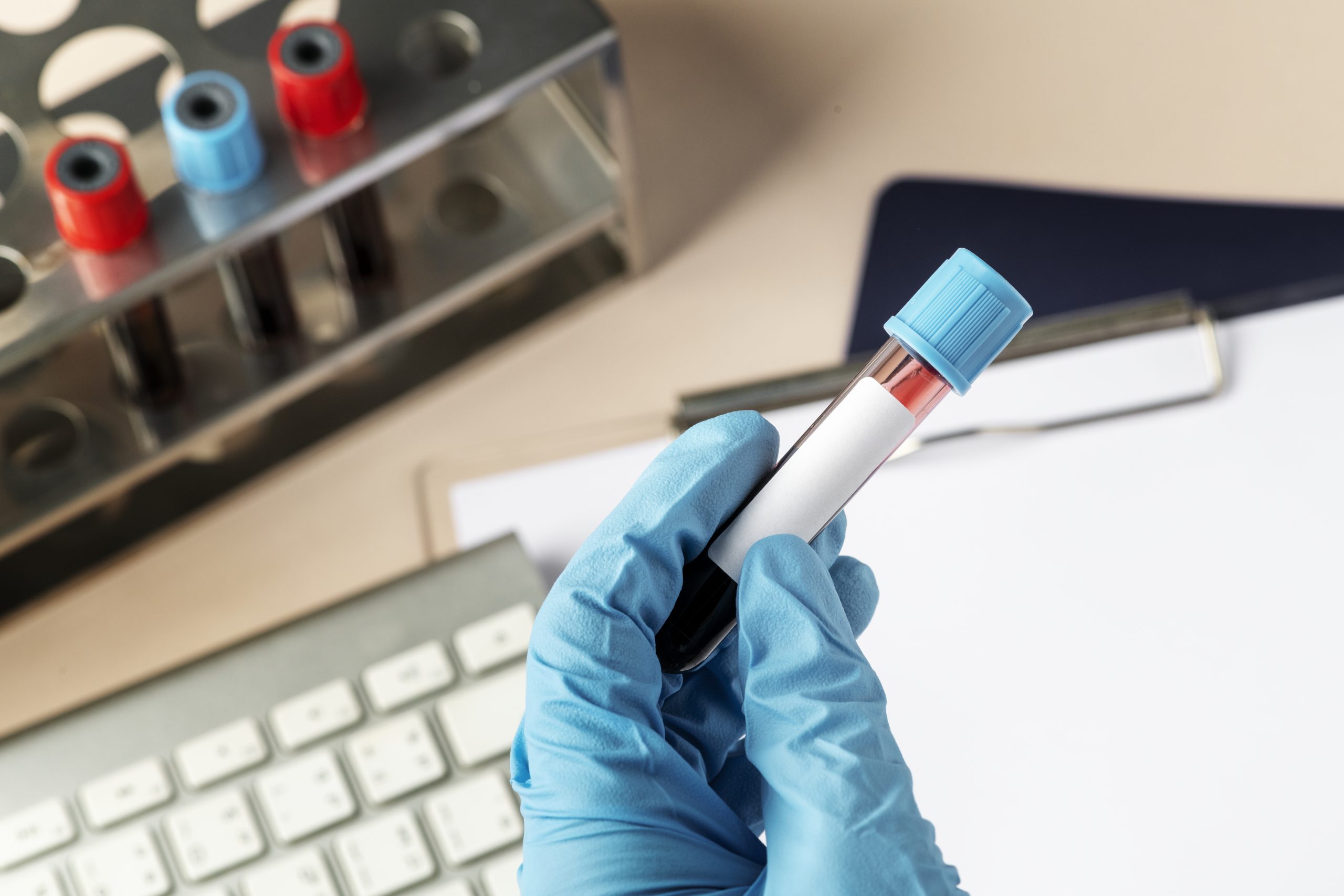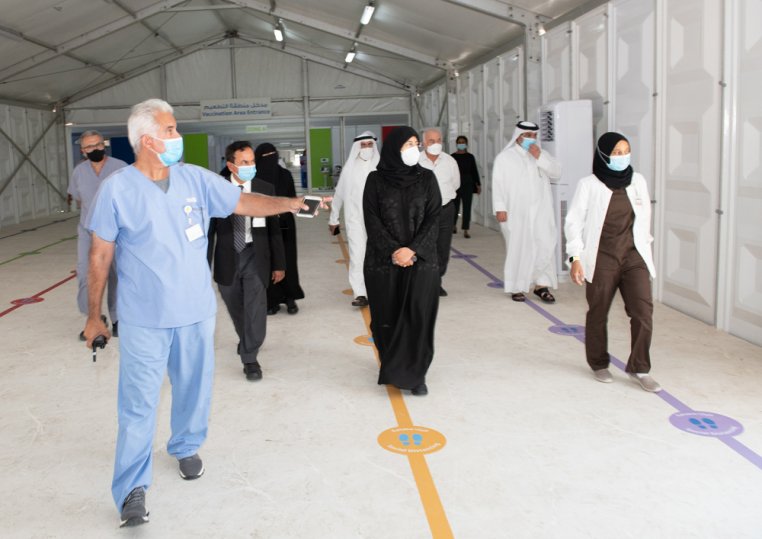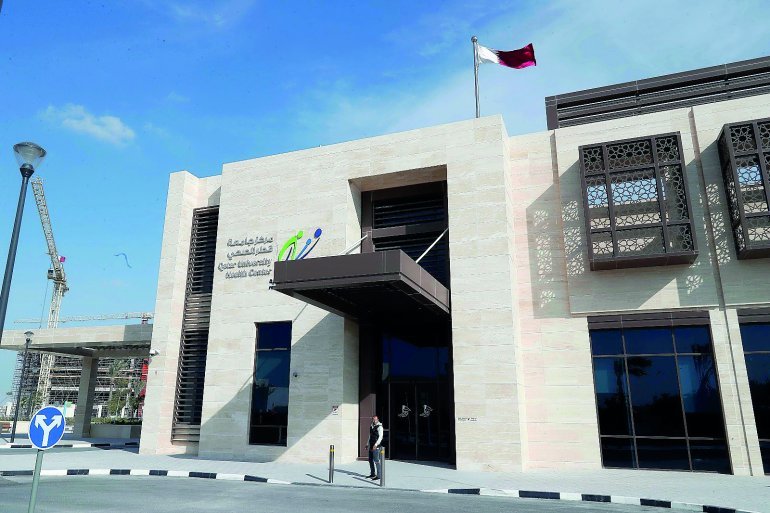
image by : thepeninsulaqatar
It is estimated that as of 2017, a staggering 17 per cent of people living in Qatar have diabetes, with a further 23 per cent affected by diabetes. As World Diabetes Awareness day edges closer, All and About is here to give you insight on what you need to know about the condition. In part one of this article, we will uncover the basics of this condition and the signs to look out for in you and your loved ones.
 What is diabetes?
What is diabetes?
Simply put, diabetes is a long-term condition that causes the blood sugar levels in your blood to be too high. Everyone has sugar in their blood and this sugar is a vital source of energy for the cells in our bodies.
For people who don’t have diabetes, an organ called the pancreas releases enough levels of a hormone called insulin to regulate the amount of sugar in the blood by helping the cells in our bodies use it for energy.
For some people with diabetes, their bodies don’t make any insulin at all, this is called type 1 diabetes. For others, their bodies either don’t use the insulin they make properly or don’t make enough it, this is called type 2 diabetes and this is the type that the majority of diabetics have. Some women may also develop diabetes in pregnancy and this is known as gestational diabetes.
Diabetes is serious because if left untreated, it can lead to a number of complications including blindness, vital organ damage such kidney failure and heart disease, or serious infections that can lead to limb amputation. Untreated diabetes can also lead to death.
How do I know if I have diabetes?
The only sure-fire way to know if you have diabetes is to go to the doctor and get tested, but there are some signs you can watch out for. Please see your doctor if you develop any of these symptoms:
- Sudden, unexplained weight loss;
- Blurry vision;
- Tingling or numbness of the feet;
- Having a wound that isn’t healing;
- Having persistent genital yeast infections;
- Excessive thirst;
- Excessive urination.
Having these symptoms doesn’t necessarily mean that you have diabetes, so don’t panic. However, it’s still a good idea to have them checked out so that if you don’t have the condition, you can take steps to reduce your risk and if you do, you are able to start treatment as soon as possible and help yourself live a happy, healthy life – even with the diagnosis.
Stay tuned for part two of this series where we will delve deeper into what you can do to reduce your diabetes risk, manage the condition if you have it and how you can get involved locally with the cause.
By Tesneem Ayoub
Sources:
1. https://www.hamad.qa/EN/All-Events/mefqsh2017/presentations/Documents/Sunday/D6E6_Diabetes.pdf
2. https://www.diabetes.org.uk/diabetes-the-basics
3. https://www.diabetes.org.uk






Leave A Comment
You must be logged in to post a comment.